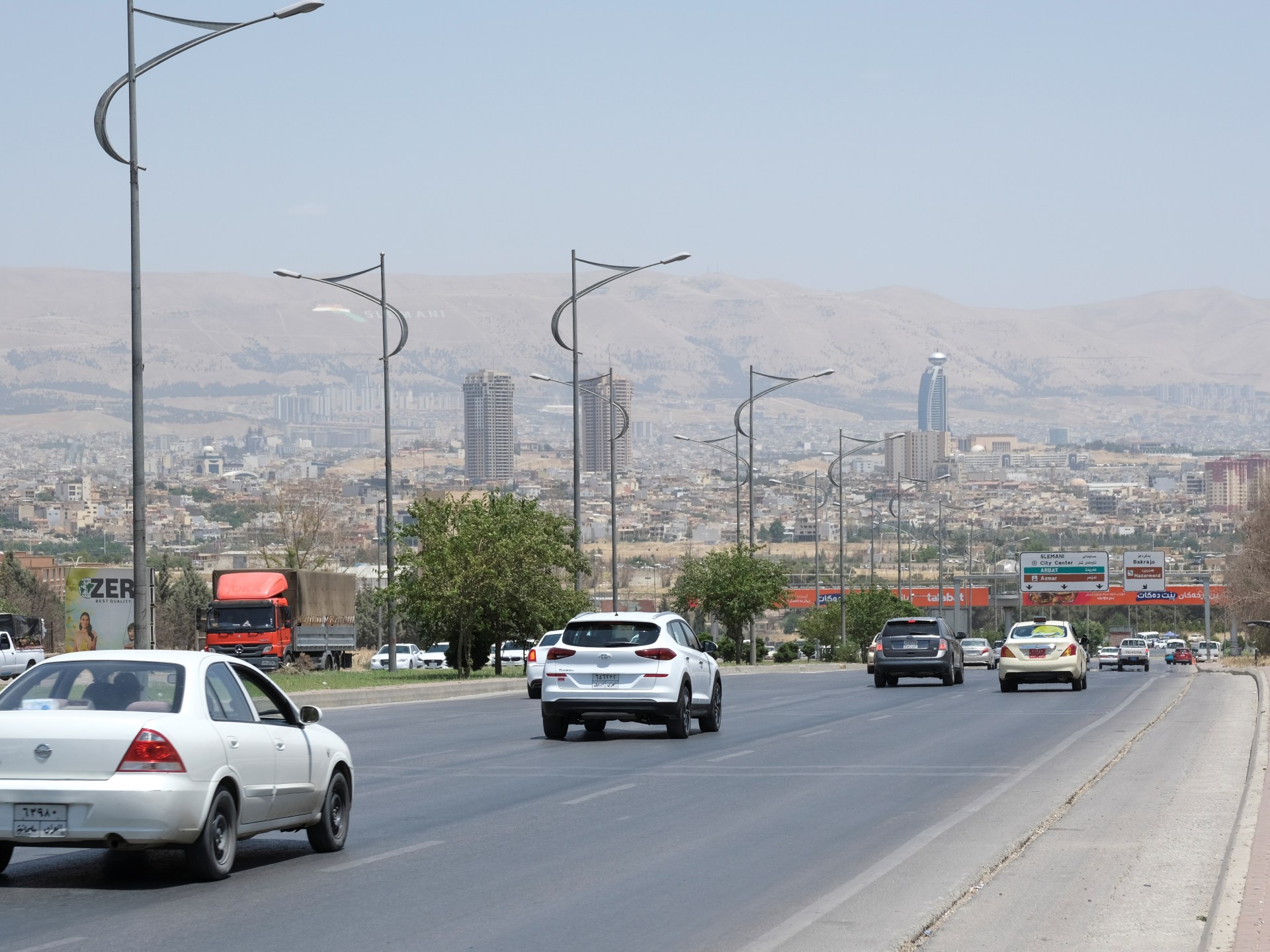UNFPA Türkiye Earthquake Response – Situation Report – 5 February 2024 – Türkiye
HIGHLIGHTS
● The massive earthquakes that struck eastern Türkiye in February 2023 affected around 9.1 million people across 11 provinces, leaving over 3.6 million individuals nationwide without safe homes.
● One year after, in the most affected provinces (including Adiyaman, Kahramanmaras, Malatya, Hatay, and three districts in Gaziantep and Osmaniye) 760,000 people reside in formal and informal sites. It is estimated that 1.2 million women and girls of reproductive age, including 64,000 pregnant women are in need.
● The health and protection infrastructure remains below pre-disaster capacity.
● Humanitarian aid (including the most essential dignity, hygiene & healthcare items) has decreased for those living outside container cities; menstrual hygiene management is a serious issue.
● Violence against women and child, early and forced marriage are increasing in the earthquake region and there is a huge unmet need for psychosocial support for young people. Ante/post natal care and family planning services are insufficient.
● UNFPA’s Recovery and Resilience offer for the earthquake response is requesting $17 million in 2024 for life-saving humanitarian support. Only 23 percent of the appeal has been funded so far.
KEY FIGURES
9.1 mln TOTAL DIRECTLY AFFECTED POPULATION
1.2 mln WOMEN OF REPRODUCTIVE AGE IN NEED
64,000 ESTIMATED PREGNANT WOMEN IN NEED
1.1 mln YOUNG PEOPLE (10-24) IN NEED
760,000 POPULATION RESIDING IN FORMAL AND INFORMAL SITES
SITUATION OVERVIEW
● The deterioration of human and institutional capacity of health facilities widened the gap in sexual and reproductive health (SRH) services. The deterioration of hospital buildings and the shortage of gynecologists especially limit access to antenatal and postnatal care. Family planning services are insufficient, leading to unintended pregnancies. Accessing hospitals is a challenge due to long commutes and overcrowding, resulting in late returns to containers after dark which creates safety issues.
● The poor living conditions in container cities negatively impacts lactating women and babies’ health. Poor water, sanitation, and hygiene conditions contribute to infections, undernutrition and lactating mothers cannot supply their babies with the required quantity and quality of milk.
● Adolescent girls are very vulnerable – they have limited access to SRH services as they are not adolescent-friendly. They are also in need of psychosocial support services.
● Due to experienced trauma, increased levels of stress, fear of another earthquake, women and girls suffer more often from irregular menstruation. Humanitarian aid has decreased. The majority of those living outside container cities benefited from menstrual hygiene materials only once, during the acute period after the earthquake.
● The risk of gender-based violence in families has increased, rooted in social norms and aggravated by poverty, post-traumatic stress, substance abuse etc Child, early and forced marriages are rising – families cannot afford to send girls to school and there are also fears of increased safety concerns.
● Women and adolescents lack awareness about available protection services. When speaking about reporting, women prefer to keep silent due to different reasons, like social norms, fear of losing children’s custody or existing financial means.
● In the container settlements, people from different communities live together and there is a lack of trust among residents which leads to social tensions.
● Lack of sufficient security personnel and infrastructure including lighting of alleys in container cities make residents, particularly women and girls, live under continuous fear of crime including gender-based violence.
Source: Focus group discussions run by UNFPA in Jan 2024 in the most 4 affected provinces (Adiyaman, Malatya, Kahramanmaras, Hatay)




